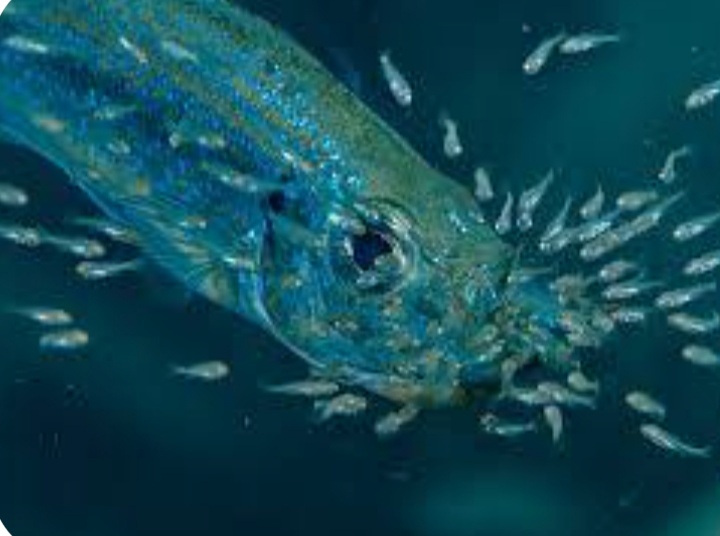In some species of fish, it’s not uncommon for parents to eat their own eggs or fry (newly hatched babies). This behavior is called “filial cannibalism” or “egg cannibalism.”
There are several reasons why fish might engage in this behavior:
- Nutritional benefits: Fish may eat their own eggs or fry to supplement their diet, especially when food is scarce.
- Energy conservation: By eating their own eggs or fry, fish can conserve energy that would be spent on protecting and caring for their young.
- Genetic quality control: Some fish may eat their own eggs or fry that are weak, deformed, or unlikely to survive, which can help maintain the genetic quality of the species.
- Environmental pressures: In crowded or competitive environments, fish may eat their own eggs or fry to reduce competition for resources.
It’s worth noting that not all fish species exhibit this behavior, and it’s often dependent on specific environmental and social conditions.
That’s a perceptive observation! In the fish world, family dynamics and social bonds are indeed different from those of humans and some other animals.
While fish are capable of complex behaviors and social interactions, their cognitive abilities and emotional experiences are distinct from ours. Here are some reasons why love and sympathy might not be as apparent in fish families:
- Instinctual behavior: Fish are largely driven by instinct, which guides their actions and decisions, including those related to reproduction, territory, and survival.
- Limited cognitive abilities: Fish have a different type of intelligence than humans and some other animals. While they can learn and adapt, their cognitive abilities are more focused on immediate survival needs.
- No parental care: Most fish species do not provide extended parental care to their young. After spawning, the eggs and larvae are often left to fend for themselves.
- Schooling behavior: While some fish species form schools and exhibit social behavior, this is primarily driven by survival instincts, such as predator avoidance and foraging.
However, some fish species, like cichlids and some species of wrasse, have been observed showing signs of parental care and social bonding.


